Russia is ramping up preparations for a ‘large-scale’ war with Nato. That’s the verdict of the Washington-based Institute for the Study of War, which reports several indications that Moscow is preparing for war with Nato ‘not imminently but likely on a shorter timeline’ than many Western analysts believed. Is the West ready for war? Its self-doubt about what it stands for makes it seem worryingly unlikely.
Already a subscriber? Log in
Subscribe for just $2 a week
Try a month of The Spectator Australia absolutely free and without commitment. Not only that but – if you choose to continue – you’ll pay just $2 a week for your first year.
- Unlimited access to spectator.com.au and app
- The weekly edition on the Spectator Australia app
- Spectator podcasts and newsletters
- Full access to spectator.co.uk
Or

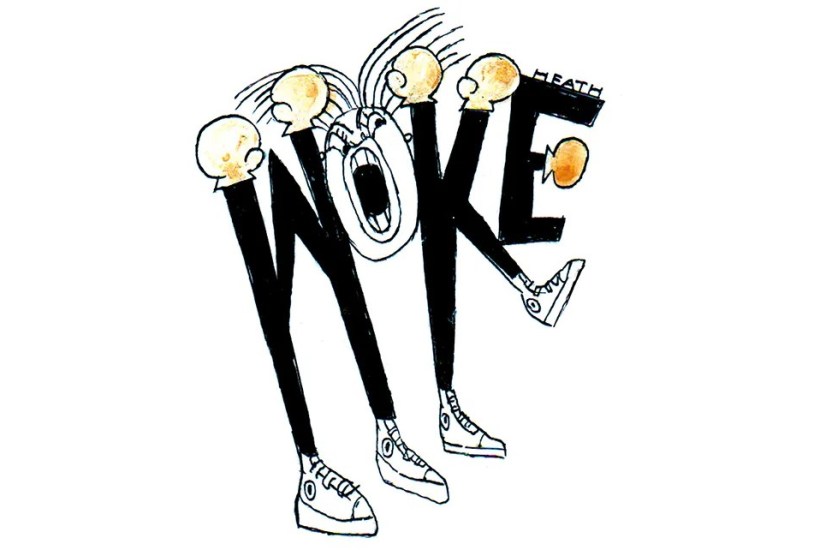
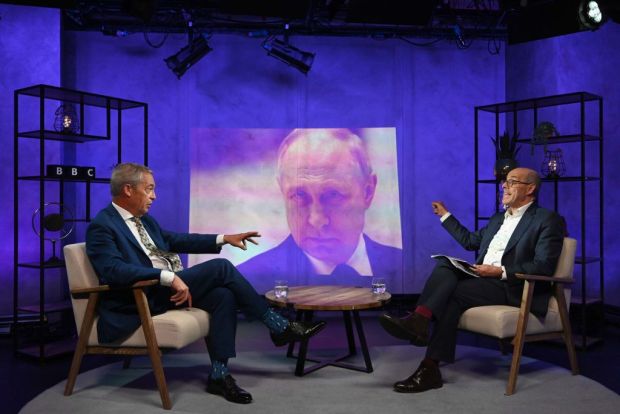

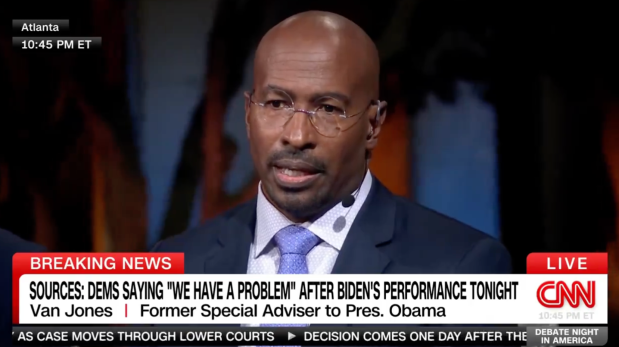
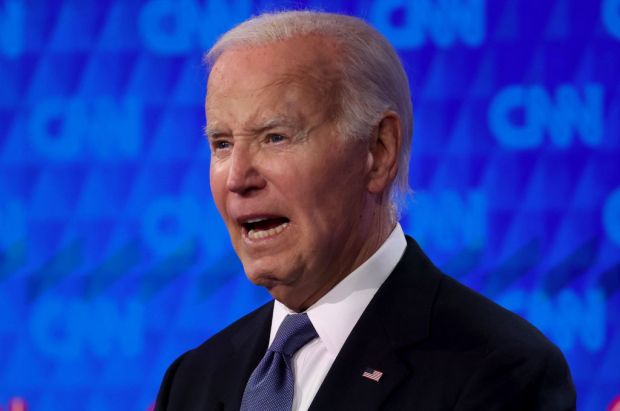
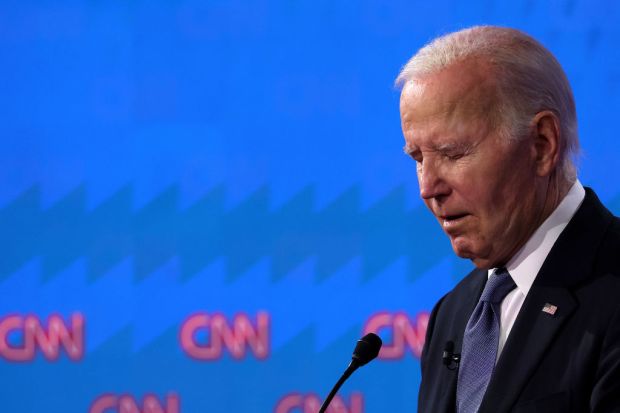













Comments
Don't miss out
Join the conversation with other Spectator Australia readers. Subscribe to leave a comment.
SUBSCRIBEAlready a subscriber? Log in